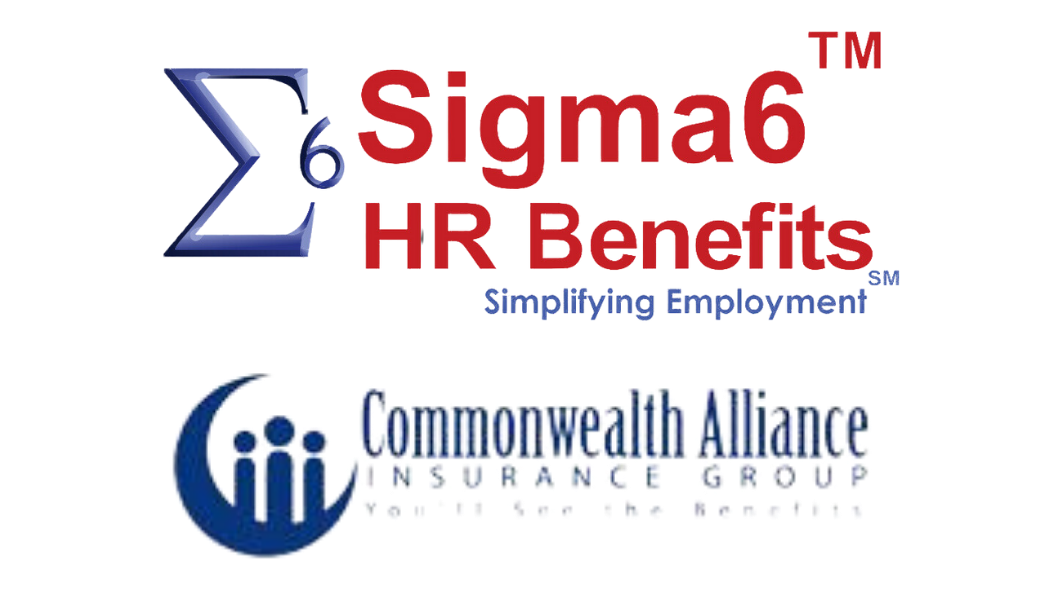How To Write a Job Description
Writing an effective job description can help employers remain competitive as well as maintain managerial control over job functions. Additionally, a well-prepared job description can assist employers in hiring and advertisement of a job opening. Finally, in an employment issue, a signed job description can be used as a defense in a legal, workman’s compensation or unemployment dispute.
Here is a simple guide to effective job descriptions:
Job Title
A two-to-four-word job title.
Highlight the essential job elements:
A summary or description (two or three sentences) of what the job entails.
Whom to Report to:
Use a title (as opposed to a particular person’s name) as the whom this position report to.
Day-to-day responsibilities:
Highlight key elements of the role in the job listing, including day-to-day responsibilities. Use of keywords and description will allow the prospect, or new hire, to visualize what the job entails, and what qualifications are needed and expected. It is imperative that the employer list ALL of the functions of the job and leave nothing to chance, again, as this document may be used to prove for reasons for corrective actions, and even, terminations.
Also, keep in mind that the first request in an unemployment of employment administrative hearing is for a copy of the employee’s job description.
Give detailed qualifications
A detailed description of the day-to-day duties and a more specific description of the job functions. Qualifications, such as previous job experience, education required, information on a machine, or software to be used, certifications required or anticipated, qualified background or previous drug testing.
Physical Requirements:
This is important as you will want to be transparent in what physical requirements are necessary for the job. This will prevent those who simply cannot physically perform the functions of a job, due to issues such as heavy lifting, machinery operations, or weight requirements, etc. This requirement will also assist the employer in challenges to the Americans with Disability Act (ADA).
Job Classification:
Is this position an exempt or non-exempt position.
Salary Range:
Is compensation for the position a salaried or hourly position. Also, a broad range of compensation will be beneficial in a pay or legal dispute, particularly in cases of equal pay disputes.
Sign and Date:
Once the employer has made a position offer, the job description should be signed and dated. Any changes to the job description should also be signed and dated.
Serving Clients in:
KENTUCKY: Louisville, Lexington, Covington, Newport, Elizabethtown, Bowling Green, Scottsville, Carrollton, Somerset, Campbellsville, Campbellsburg, Hopkinsville, Ashland, Owensboro.
INDIANA: Clarksville, New Albany, Bloomington, Indianapolis, Evansville.
TENNESSEE: Nashville, Hendersonville, Louden, Knoxville, Kingsport.
OHIO: Cincinnati, Columbus.
LOUISIANA: New Orleans.
FLORIDA: Ocala, Del Ray Beach, Miami, Jacksonville, Ft Meyers
